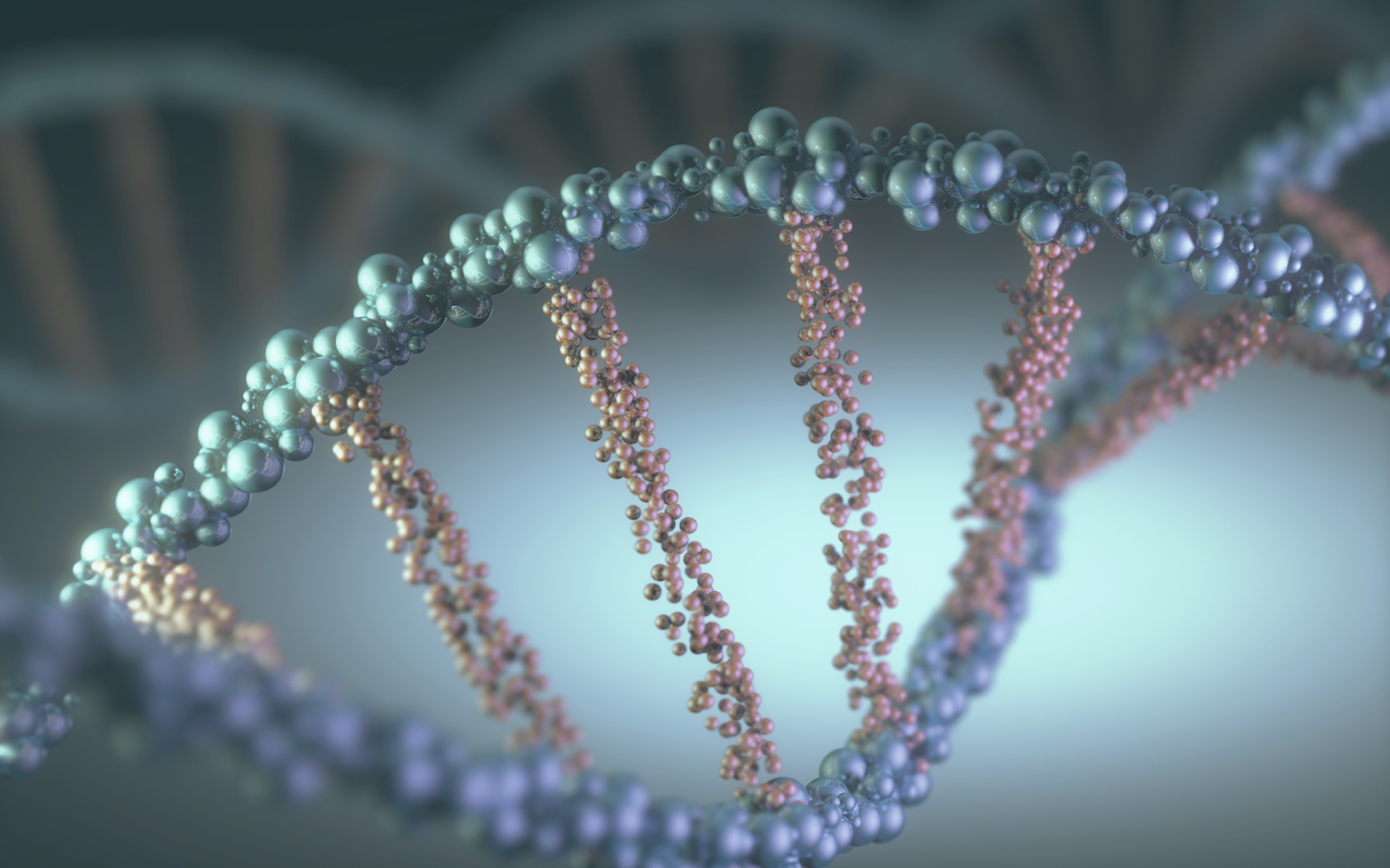FDA slaps clinical hold on BioMarin's PKU gene therapy

BioMarin Pharma has had another setback in its gene therapy development programme, announcing this morning that the FDA has placed a phase 1/2 trial of its candidate for phenylketonuria (PKU) on hold while it investigates a safety signal.
The biotech said that the US regulator ordered the pause on the study after liver tumours were seen in mice given the therapy in preclinical testing.
Patients in the Phearless study of BMN 307 – an adeno-associated virus (AAV) gene therapy designed to replace the phenylalanine hydroxylase (PAH) deficient in people with PKU – are getting a lower dose than was used in the animal studies.
Nevertheless, BioMarin said that the "translatability of these findings to humans is uncertain and under further investigation".
Cancer is a perennial fear for therapies that involve altering DNA in cells, because of the risk that the viruses used to deliver genes into patient cells could inadvertently trigger a mutation or disrupt a mechanism that guards against a cell becoming cancerous.
BioMarin's preclinical study was carried out to explore the durability of BMN 307 activity in mice with two germline mutations which may predispose them to the development of cancer.
One mutation eliminated the PAH gene that's missing in PKU, while the second rendered the animals immunodeficient, which could also raise the risk of malignancy.
Of 63 animals treated, six of seven animals administered BMN 307 at the highest dose group – 2e14 Vg/kg – developed liver tumours. Five of the mice had adenomas and one had a hepatocellular carcinoma (HCC).
So far, subjects in Phearless have received doses of either 2e13 vg/kg or 6e13 vg/kg of BMN 307, although the protocol does include a third, higher-dose group.
PKU is a rare genetic disease that manifests at birth and is marked by an inability to break down phenylalanine, an amino acid that is commonly found in many foods. Left untreated, high levels of the amino acid become toxic to the brain and may lead to serious neurological and neuropsychological issues.
The clinical hold for the PKU programme comes after BioMarin's lead gene therapy for haemophilia A – valoctocogene roxaparvovec or valrox – was rejected by the FDA last summer, which analysts estimated could delay approval by around two years.
The FDA's decision stemmed not from safety but on a lack of data on the durability of the gene therapy, which is designed to provide a functional copy of factor VIII, the clotting protein deficient in people with haemophilia A.
Since then, BioMarin has reported data showing that functional factor VII expression has been declining over time in patients treated with valrox, although they still seem to be protected from bleeding episodes.
"More than 3,000 patients have been treated with gene therapy, and there are no reports of cancers emerging as a consequence," said BioMarin's head of R&D Hank Fuchs, although he noted that malignancies have been observed in mice using other AAV vectors.
"For patients who have already received lower doses of these vectors, we will continue to carefully evaluate and monitor their health," he added. "We are committed to understand and mitigate any risk of cancer causation."
Earlier this year, Bluebird Bio's paused the launch of its Zynteglo gene therapy for beta thalassaemia – which uses a lentiviral vector – after two cases of cancer were seen in a clinical trial.











